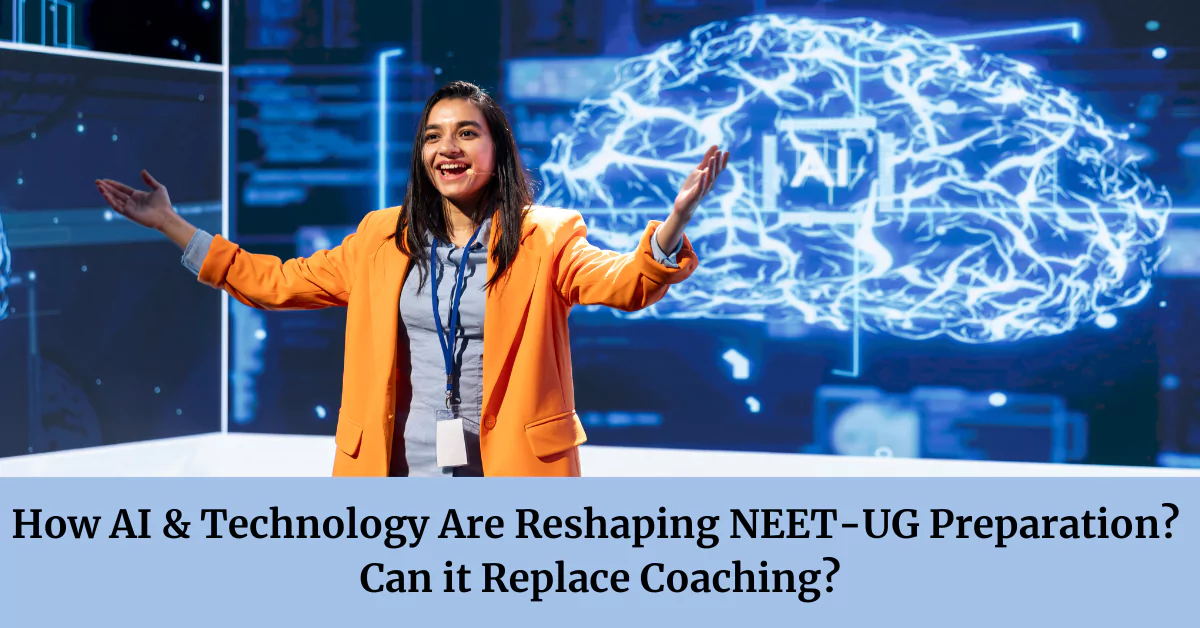AI in NEET UG 2026 Preparation: In a country where nearly 25 lakh aspirants apply for NEET-UG annually, competition is intense and preparation is rigorous. For decades, aspirants went to coaching hubs like Kota, Delhi, Hyderabad, and Chennai, spending around 3-4 lakh per year on classroom programs. But a silent revolution is underway. Artificial Intelligence (AI) and emerging digital technologies are reshaping how India prepares for NEET, making learning more personalised, efficient, and accessible than ever before.
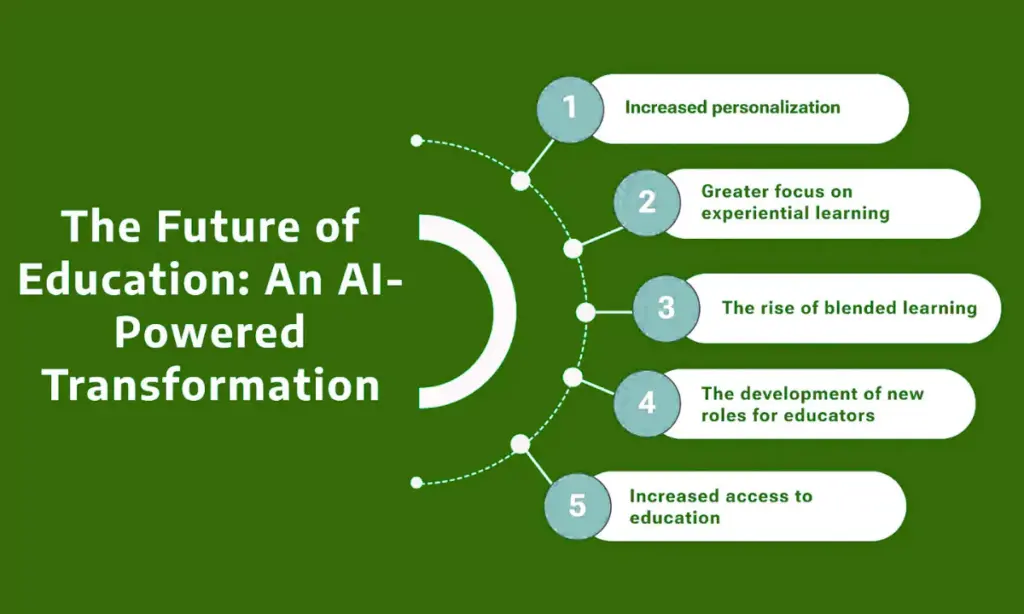
This article explores 10 transformative ways AI and technology are empowering NEET-UG aspirants in 2025.
1. AI-Powered Personalised Study Plans
Traditional coaching follows a fixed curriculum, treating all students the same. AI disrupts this model by creating personalised study plans based on each student’s performance, pace, and goals.
- AI algorithms track mock test results, quiz performance, and engagement patterns.
- The system identifies strong and weak areas and dynamically adjusts the study schedule.
- Students are no longer overwhelmed by generic syllabi; they study smarter, not harder.
- This approach boosts time efficiency and maximises concept retention.
Platforms like Embibe, Toppr, and Byju’s already use such AI-based planning for NEET aspirants.
2. Adaptive Mock Tests with Real-Time Feedback
NEET preparation today is data-driven. AI-powered platforms offer adaptive mock tests that calibrate difficulty based on student performance, just like the actual NEET exam.
- Students receive real-time feedback on accuracy, speed, and time management.
- Mistakes are explained immediately, helping students learn while revising.
- Advanced analytics break down performance topic-wise and concept-wise.
- Parents and teachers can monitor progress via detailed performance dashboards.
This continuous feedback loop ensures targeted preparation and helps students correct their course before it’s too late.
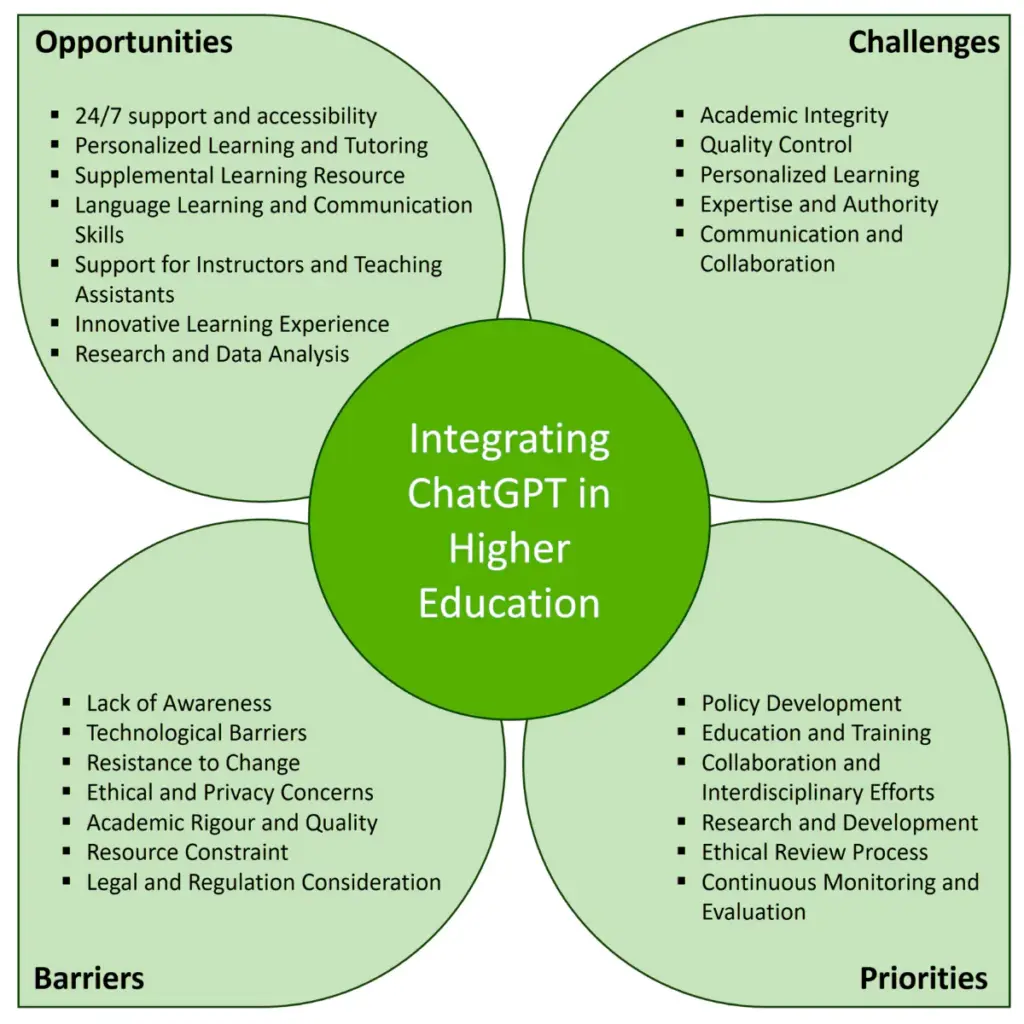
3. 24/7 Virtual Tutors for Doubt Solving
One of the biggest limitations of offline classes is the unavailability of teachers outside scheduled hours. AI solves this through virtual tutors and chatbots.
- Platforms like ChatGPT, Brainly, and Doubtnut provide instant doubt clearance 24/7.
- They respond with text, audio, video, or diagrammatic explanations, making complex topics easier to grasp.
- Students are empowered to learn at their own pace, anytime and anywhere.
- This builds academic confidence and maintains continuity in preparation.
4. Data-Driven Performance Analytics
Data analytics in NEET prep has evolved from simple score tracking to deep learning insights.
- AI tools present performance through interactive graphs, heatmaps, and progress charts.
- They highlight low-performing areas and recommend specific corrective actions.
- Students can visualise their improvement curve and tweak their strategies accordingly.
- This approach promotes self-awareness, accountability, and strategic revision.
It also helps educators personalise mentoring, rather than using generic feedback.
5. AI Chatbots as Digital Companions
Modern NEET aspirants often feel isolated, especially those preparing from remote or rural areas. AI chatbots act as digital companions in this journey.
- They simulate human-like conversations, providing guidance, motivation, and reminders.
- Based on input, they suggest custom practice questions and curated content.
- Students can converse with bots to revise concepts, check understanding, or even set goals.
- These bots create a study-friendly environment, especially helpful for self-learners.
Platforms like Socratic (by Google) and Wolfram Alpha offer conversational learning experiences.
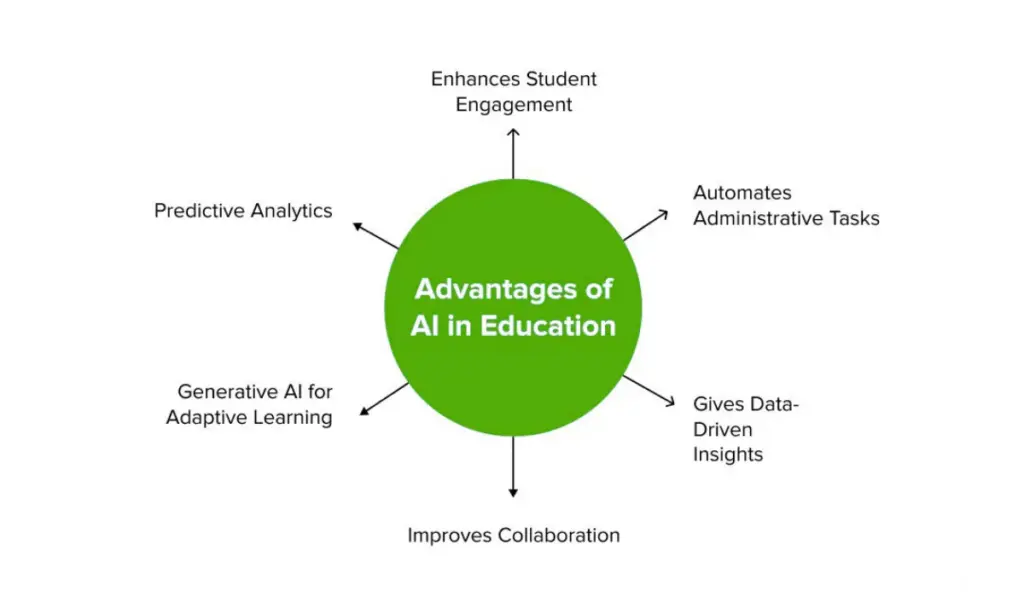
6. Smart Content Creation & Optimised Resources
AI can generate syllabus-aligned micro-content for NEET with incredible speed and precision.
- Students get NEET-specific flashcards, concise notes, and mind maps.
- Long, dense topics are summarised into quick revision formats.
- Visual tools like infographics, flowcharts, and animations enhance memory retention.
- This makes last-minute revision stress-free and highly effective.
This is particularly beneficial for visual and auditory learners, expanding accessibility.
7. Accurate AI Rank Prediction Tools
AI can now simulate real NEET scoring scenarios and predict probable ranks with remarkable accuracy.
- It uses past NEET data, exam patterns, and student mock scores to generate predictions.
- Students can benchmark themselves against national competition.
- Rank estimators help set realistic goals and reduce performance anxiety.
- These tools also help simulate high-pressure exam environments, boosting mental preparedness.
8. AI-Driven Time Management Tools
Many NEET aspirants struggle with managing study hours across Physics, Chemistry, and Biology. AI steps in as a smart time coach.
- Recommends subject-wise time blocks based on syllabus weightage and student strengths.
- Introduces Pomodoro-style study-break cycles to improve concentration.
- Uses reminders, alerts, and motivational nudges to maintain consistency.
- Ensures all subjects and chapters get balanced attention.
Apps like Forest, Habitica, and StudyWithMe AI are gaining traction among NEET students for routine management.
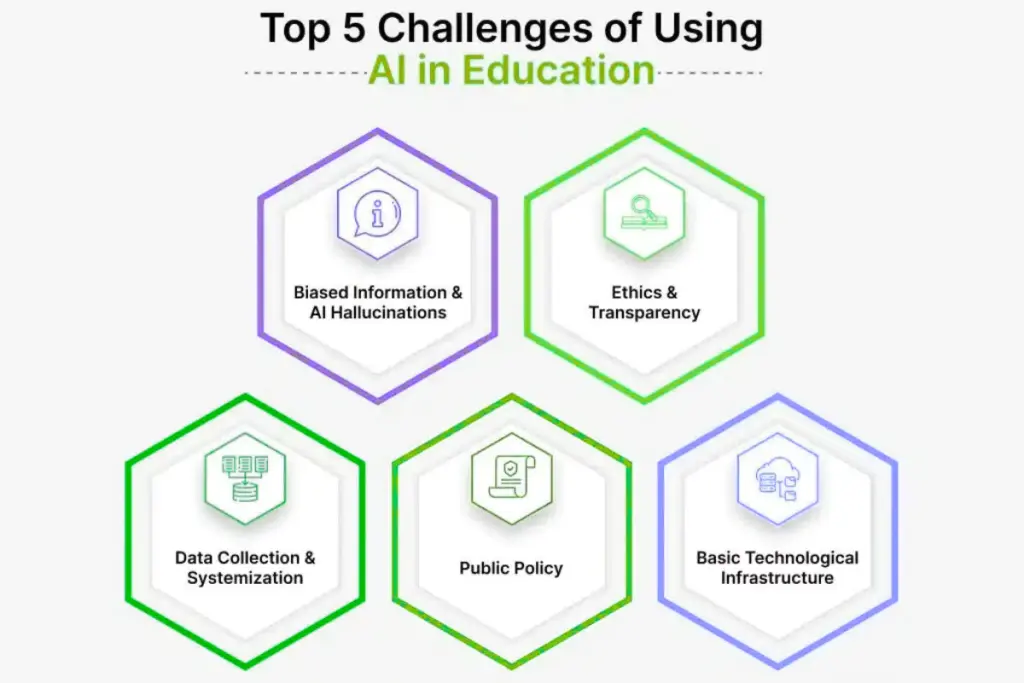
9. Affordable Access to Top Resources
One of AI’s most powerful contributions is democratizing access to quality education.
- No need to spend ₹3-5 lakh/year on city-based coaching centers.
- AI-powered learning apps deliver NEET content at a fraction of the cost, often under ₹5,000/year.
- Students in rural Bihar, Assam, or Tamil Nadu now access the same quality resources as urban peers.
- This breaks the urban-rural digital divide in medical education.
With just a smartphone and internet, top-tier NEET preparation is now in everyone’s pocket.
10. The Future of AI in NEET & Medical Education
Looking ahead, AI will evolve far beyond content delivery.
- VR/AR will simulate anatomy labs, surgeries, and 3D biological systems for immersive learning.
- Emotion-Aware AI Tutors will detect stress and suggest mental health interventions.
- Blockchain-backed credentials may offer secure, verifiable academic records.
- Learning will be hyper-personalised, gamified, and decentralised.
The future NEET aspirant might prepare in a virtual classroom, guided by AI that adapts in real time to learning style, pace, and psychological needs.

